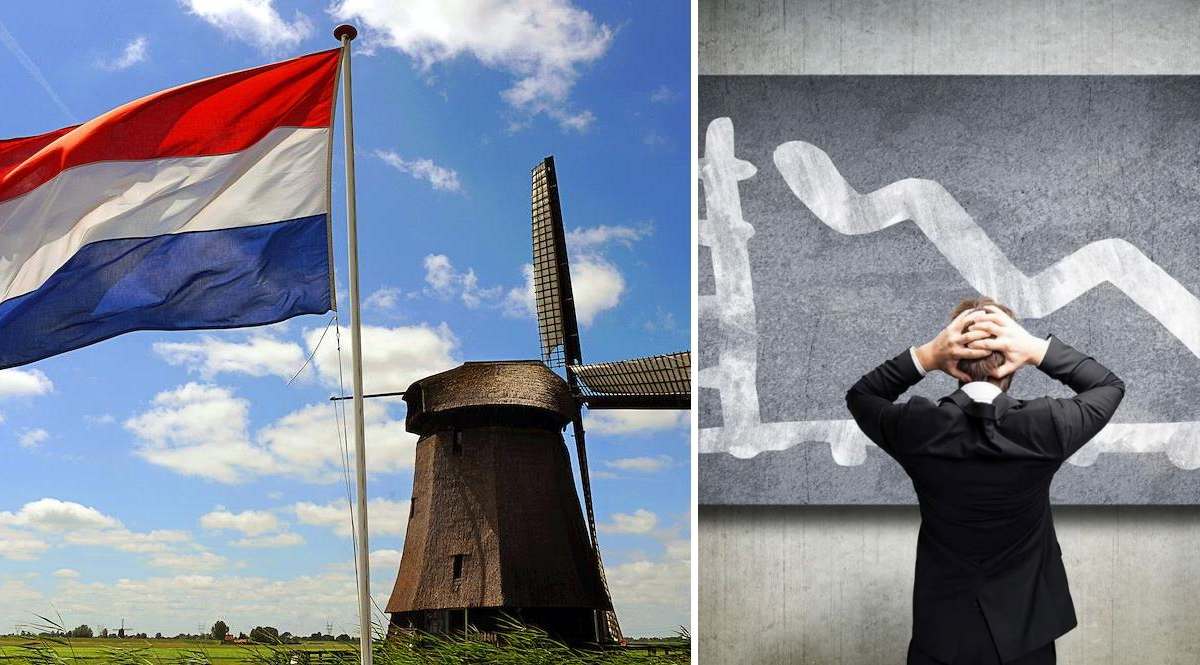The Netherlands was the first European country to return to full lockdown due to the Omicron. The Prime Minister of the interim government, Mark Rutte, has announced additional measures to stop the spread of Omicron – the first of which is called a full lockdown, which runs from Monday to January 14 – that is, for the entire Christmas and New Year season.
The omicron variant is spreading rapidly. Measures must be taken to prevent further spread of the virus, so complete closure is important, “said the Prime Minister of the Netherlands. All shops and malls, beauty salons, hairdressers, massage parlors, tattoo parlors, cinemas, museums, theaters, amusement parks will be closed. Restaurants can only work takeaway. There will also be grocery stores and markets, bakeries, pharmacies and gas stations – and only from 5.00 to 20.00. Of course, all mass events are prohibited, professional sports competitions will be held without spectators.
A separate item “normalizes” the number of guests allowed – no more than 2 people over the age of 13 are allowed in the houses, and no more than two people are allowed to gather outside. However, on December 24, 25 and 26, on Christmas holidays, as well as on the eve of the New Year, small relaxations were introduced – no more than 4 guests are allowed.
Restrictions are also being imposed in other European countries, but a full lockdown has not yet been reached. It all started when European Commission President Ursula von der Leyen warned that “Omicron” could “invade Europe” by mid-January. As a result, Europeans celebrate Christmas and New Year in a limited mode:
- In France, the government has asked mayors to cancel concerts and fireworks scheduled for New Year’s Eve. In Paris, for example, there will be no famous holiday on the Champs Elysees – the municipality of Paris announced.
- Germany has also called for restrictions on New Year’s celebrations, especially by restricting group activities or even curfews.
- In Denmark, theaters, cinemas, concert halls, as well as amusement parks and museums will be closed for a month.
- In Switzerland, only those who have been vaccinated against or contracted the coronavirus will be able to visit restaurants, cultural institutions, sports and entertainment venues, as well as indoor events.
- The UK is considering a two-week ban on visiting indoor areas after Christmas to limit the spread of the Omicron option. In Scotland, all residents have already been advised to limit social contacts to three families during Christmas. In Ireland, restaurants are due to close at 8pm in January – and the end of the event is unknown.
Not only Europe is “protected”. Canada has resumed the practice of limiting the number of people in bars, restaurants and supermarkets. And South Korea has reintroduced a mandatory closing time for cafes, restaurants, cinemas and other public places, as well as a four-person limit for private meetings.
For those who care about a healthy lifestyle, we recommend reading: “The unexpected effect of orange juice on the immune system.”

